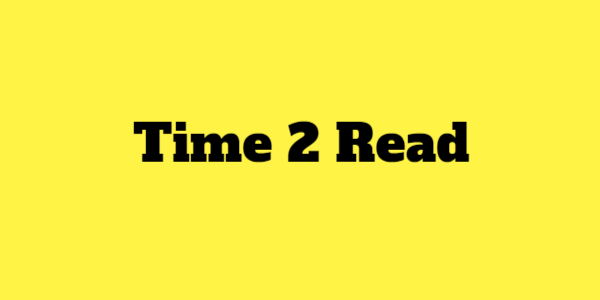The left-handed brand has come a long way in the last few decades. The majority of people no longer assume that southpaws are tools of Satan, alight with hellfire. Today’s lefties are surrounded by a far more benevolent glow. We associate left-handedness with intelligence, out-of-the-box thinking, and artistic talent. But are these flattering generalizations backed up by science? Does being left-handed really make you more creative?
The answer to that is a definitive … maybe.
Scientists have been chipping away at the peculiarities of left-handedness, which occurs in about 10 percent of the population, for a long time. They’ve looked into the purported links between left-handedness and things like mental illness, faulty immune systems, and criminal behavior. They’ve studied whether lefties are better at problem-solving and if they’re more likely to die young. From all these studies on left-handedness, we can conclude one thing, and one thing alone: science is complicated.
A handful of studies have found a link between left-handedness and creativity, conferred (some think) by the fact that left-handed folks constantly have to adjust to a right-handed world. Other studies found no link at all.
Some researchers conclude that lefties are no smarter than righties, while others say that left-handedness comes with a clear intellectual advantage. Is there really a left-handed personality? Are lefties more prone to schizophrenia and learning disabilities? That depends on who you ask.
But "Are lefties different?" might not even be the right question. Over the last few years, a number of studies have concluded that it’s not which hand is dominant that matters—it’s the degree of dominance. According to researchers, very few people are truly entirely left- or right-handed; it’s more of a spectrum. We use our left hands for some things and our right hands for other tasks.
These experiments have found that people toward the middle of the spectrum are more flexible thinkers. They seem to be more empathetic and better able to view things from other people’s perspectives. When considering the risks and benefits of any given decision, inconsistent-handed people (as researchers call them) are more likely to focus on the risks, whereas people at the outer edges of the handedness spectrum pay more attention to potential benefits. They may even sleep differently. It seems we’ve been aiming our stereotypes a little too far to the left.
But who knows? This is ever-changing, constantly evolving science. If you’re a lefty who enjoys feeling superior, we’re not going to tell you to tone it down. For all we know, you could be right.
source: http://mentalfloss.com/article/84560/are-lefties-really-more-creative
New Words and Phrases to Learn:
Brand: type
Southpaw: someone who uses their left hand more than their right hand, especially a pitcher in baseball or a boxer
Satan: the Devil, considered to be the main evil power and God’s opponent
Alight: burning
Hellfire: fire from hell
Lefty: someone who uses their hand for writing, throwing, etc.
Benevolent: kind and generous
Glow: a soft steady light
Out-of-the-box: think differently, unconventionally, or from a new perspective
Back up: to provide support or help for somebody or something
Definitive: a definitive agreement, statement, etc. is one that will not be changed
Chip away at something: to gradually make something less effective or destroy it
Peculiarity: a strange or unusual habit, quality, etc.
Look into: investigate
Immune system: the system by which your body protects itself against disease
A handful of something: a very small number of something
Confer: to discuss something with other people, so that everyone can express their opinions and decide on something
Intellectual: mental
Prone to: likely to do something or suffer from something, especially something bad or harmful
Spectrum: a complete range of something, going from one extreme to its opposite
Empathy: the ability to understand other people’s feelings and problems (= sympathy)
Perspective: the way of thinking about something
Stereotype: a belief or idea of what a particular type of person or thing is like. Stereotypes are often unfair and untrue.
Superior: better, more powerful, more effective than a similar person or thing, one that you are competing against (Opposite) inferior

